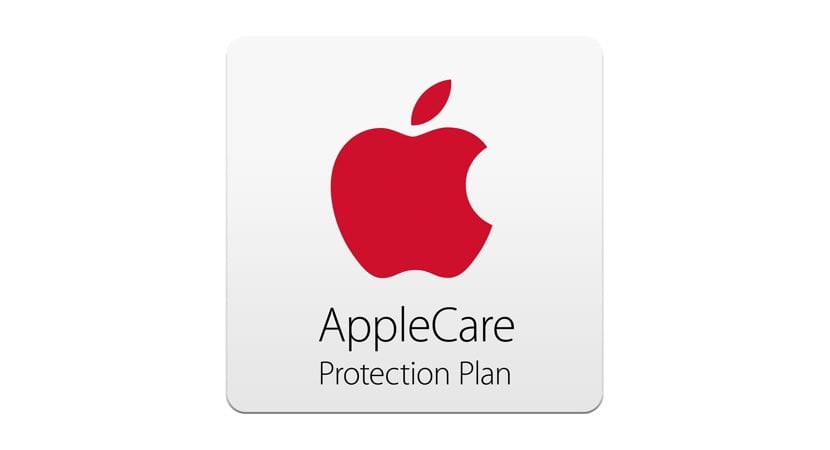
Until just over a year ago, Apple always used to swap out broken devices for a new one, without bothering to repair them. But then, the company no longer bothers to swap the iPhone for a new one but instead repairs it, as long as it can and is covered by the product warranty, otherwise you deliver a reconditioned device to us.
But if instead of receiving a reconditioned device, with a perfect operation since it has been reviewed by Apple, we want to enjoy a new device, we have to contract Apple's AppleCare plan, a plan that in addition to get additional help in case of problem with our devices, they assure us a new device in case of replacement.
But it appears that Apple is not following that additional plan, which is not exactly cheap, and the Cupertino-based company has received a class action lawsuit in California claiming that Apple is replacing the phones of users of this plan when they have some problem, for reconditioned ones, when they should be brand new. The lawsuit is based on Apple's fine print stating that replaced products equal new products that have not been used at any time before.
According to the attorneys handling this lawsuit, Apple is delivering devices that look like new but really have already passed through the hands of other users so their duration and reliability may fail earlier than if they were completely new, as claimed by Apple's advertising of this plan.
As I have mentioned, this plan is not exactly cheap, since it starts at 59,99 euros. This plan covers damages that users can make to devices due to carelessness mainly and theft, offering much more affordable prices if we have to completely replace the iPhone because it cannot be repaired or when we have to buy a new one because it has been stolen or lost.
Ignacio, from love: learn to write better, please. 🙂